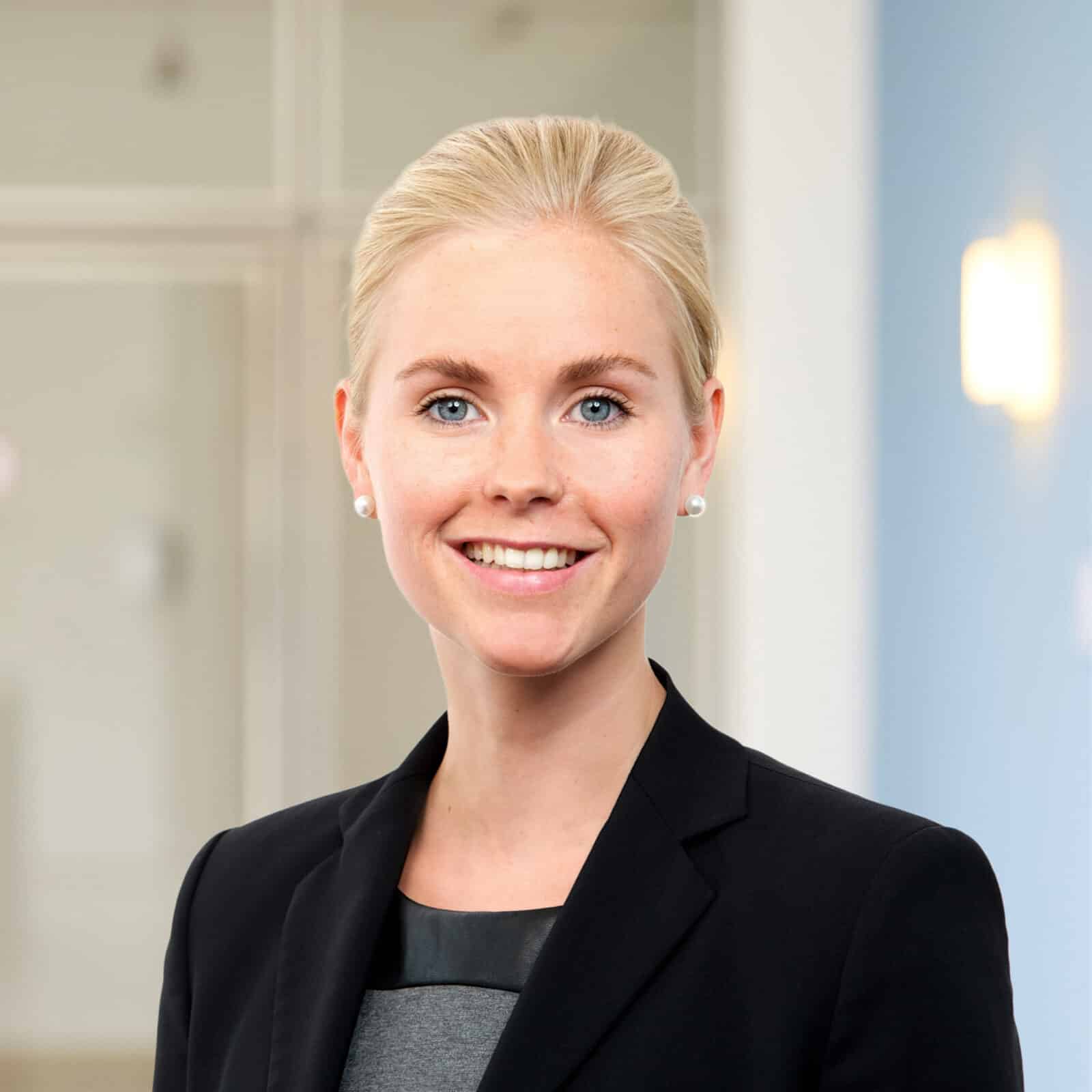
Prof. Dr. Anne Burmeister
Cologne
Cluster position Investigator
Cluster member since 2023
Research Areas
Main research topics
Diversity & Inclusion, Social Interactions, Knowledge Exchange, Digitalization
CV
Anne Burmeister is Professor of Organizational Behavior at University of Cologne. Before joining Cologne, she was Assistant Professor at Rotterdam School of Management. Anne obtained her PhD in Work and Organizational Psychology at Leuphana University Lueneburg in 2016 and completed a postdoc at University of Bern. Before her PhD, she worked as a strategy consultant for Boston Consulting Group. Her research on social interactions and knowledge exchange at work with a focus on aging and age-diverse workforces, contributes to the more effective management of knowledge and diversity in organizations.
Publications
Published papers
-
Supportive, Resistant, or Both? A Person-Centric View on Employee Responses to Diversity Initiatives
Kanitz, R., Reinwald, M., Gonzalez, K., Burmeister, A., Song, Y., & Hoegl, M. (2024). Supportive, resistant, or both? A person-centric view on employee responses to diversity initiatives. Journal of Applied Psychology.
Interview
What is the best thing about your job?
The best thing about my job is the personal and intellectual freedom. I worked in strategy consulting straight after graduating. That taught me a lot – I also worked a lot. But what I always missed there was the opportunity to delve deep into a topic and have a greater degree of autonomy. I’ve really enjoyed that since I’ve been in academia and completed my doctorate: On the one hand, I can organise and decide where I work, how I work, who I work with and, on the other hand, I can decide to work on new topics at certain intervals without having to answer to anyone, except that the result has to be some exciting research.
What fascinates you about your research topic?
What fascinates me the most – and this is also reflected in my research – is to look at relationships, social interactions and exchanges between people through the lens of the positive aspects and opportunities they offer: in other words, the superpower of human connections. And making this visible through psychological theories and methods fascinates me.
If you had not gone into research, what would you be doing today?
I could imagine myself working in investigative journalism. Digging deeper, looking for information, collecting data, analysing, asking questions, uncovering the unsaid. That would fascinate me. At school, I considered becoming a neurosurgeon for a while because I was so fascinated by the brain. However, I’m glad that I didn’t become one because manually I’m too clumsy for it.
When was the last time you had to change your mind?
All the time, actually. Given the positivist, psychological and quantitative perspective with which I approach things, research is always about establishing and disproving hypotheses. And along the way, there are simply a lot of failed experiments or ideas that don’t work the way you imagined. That’s the daily business.
Which advice would you have needed yourself as a doctoral student?
The advice that a PhD and a dissertation are always also about life crafting: your work and your life influence each other. And that you should be careful what you choose as the topic for your dissertation. After all, you will be perceived as an expert on this topic afterwards. That can steer you in certain directions and certain other doors may be harder to open.